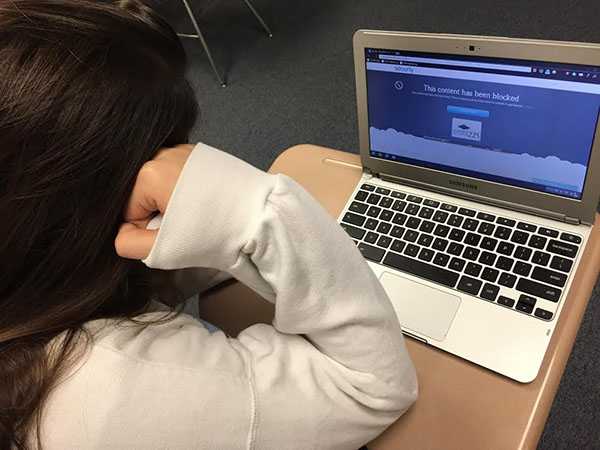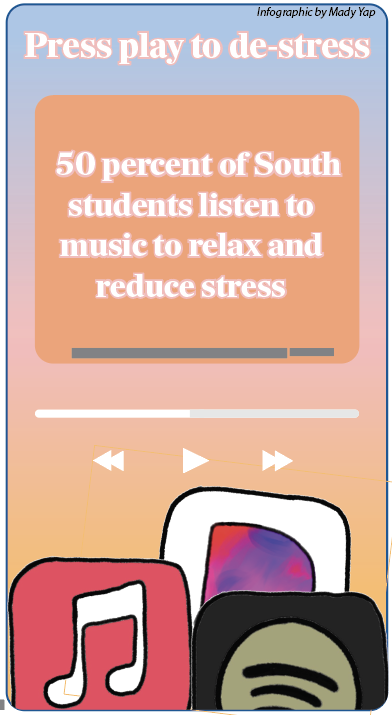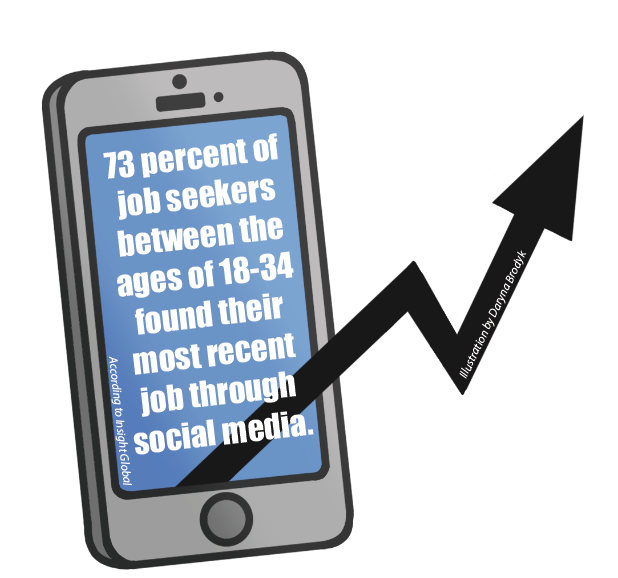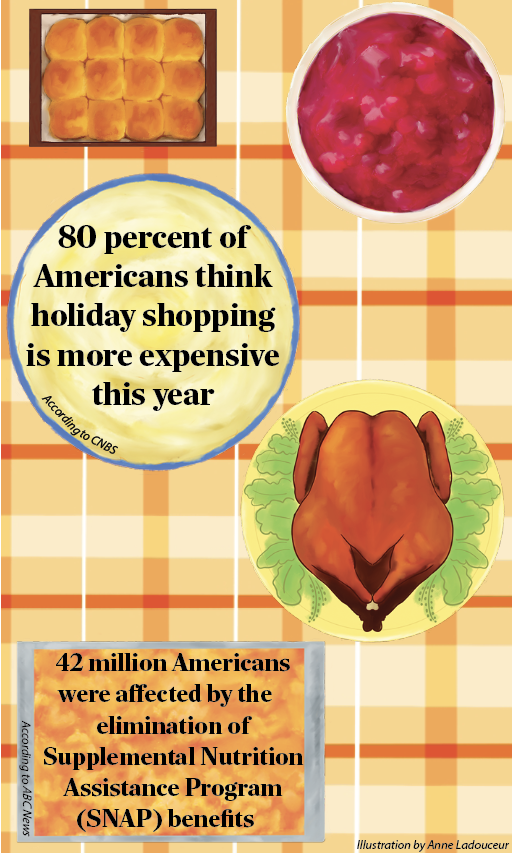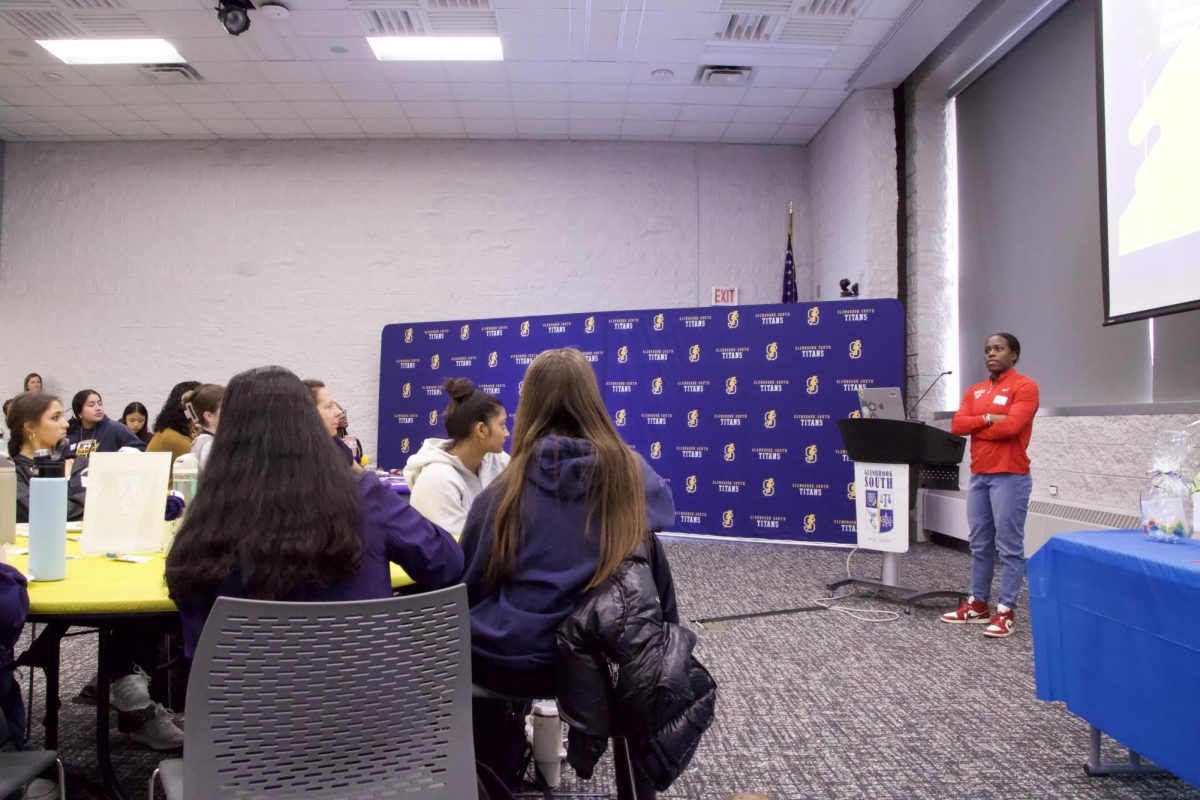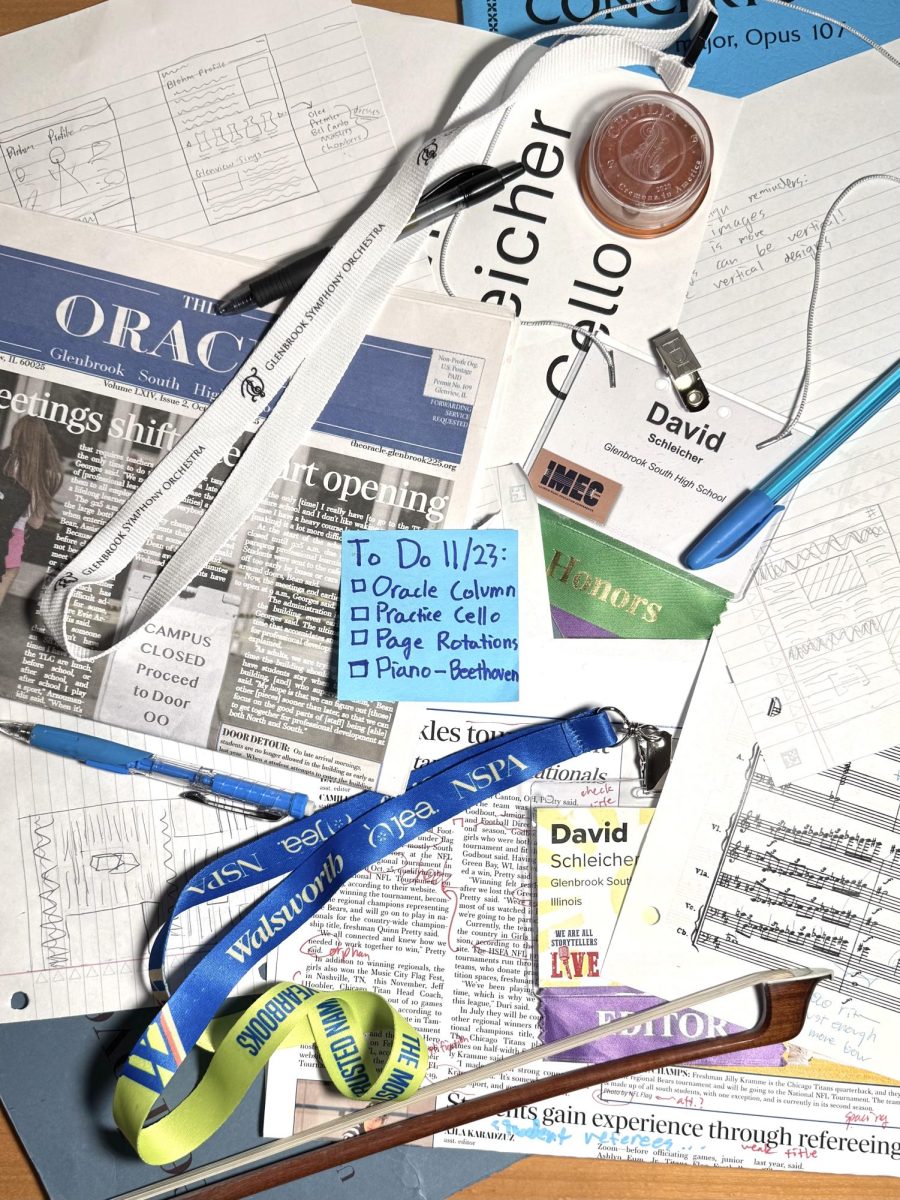As South has become an increasingly technology-based environment, students and teachers alike have become more familiar with the content-filtering system, known as Securly, that is used to limit material that is considered inappropriate or irrelevant for educational purposes.
The Oracle’s Editorial Board suggests that the current system in place for students to directly request that certain sites be unblocked––or ‘whitelisted’—be made as efficient as possible. The prioritization system would not be an easy implementation and may require training of staff to be authorized to whitelist sites. However, opportunities for students to be more productive, especially because of increased unstructured time provided by SRT on the block schedule, would be beneficial.
Head Librarian Christi Shaner said that the sort of system the Oracle has proposed already exists for teachers that have been blocked in trying to access content for lesson plans, but a system with the same efficiency doesn’t exist for students.
As it stands, students can either email the service desk with requests or ask teachers to submit requests to the library as a more efficient means of having a site whitelisted, the latter of which is more efficient, according to Ryan Bretag, director of instructional technology. The content filter already has an embedded link set up for students to email the service desk to request to have the site reviewed for whitelisting, but few students are aware of this system.
An alternative solution may include making this existing student-to-service desk communication more efficient, especially because many of the problems students run into are in times when there isn’t a teacher to request access on their behalf. Senior Georgia Kotsinis, for example, has been blocked from accessing certain parts of colleges’ websites during her lunch and after school.
In a more efficient system, approval would come from the library. More importantly, it would fall on students to submit thoughtful requests to only whitelist sites that would truly be beneficial for their productivity and academic success. The more requests that would come in for sites that wouldn’t add to productivity, the more backed up the review system would become for students who may truly need to have a site whitelisted in a more timely fashion.
Not only would this make Securly a more constructive filter, but it would also add to the goals that the technology coordinators have of including students in the dialogue around what kinds of sites should be whitelisted.
The volume of research which all students are encouraged to do for school and school-related activities has increased in recent years given the boom of content available online. This rings true inside the building because of District 225’s choice to adopt the “1:1 model”—where every students has a device provided by the school—by using Chromebooks. Considering this hike in encouraged research and screentime, there is likely a wider range of content that students can explore.
“I remember one time one of my friends [and I were] researching breast cancer for health class and somehow we were not allowed to view certain things, [and] we weren’t allowed to go to certain pages because of any content that might have been viewed as bad, although it [wasn’t] bad at all,” junior Mia Crespo said.
Crespo isn’t alone in her experience. In an Oracle-conducted survey of 192 students, 79 percent of students have encountered the content filter at least once. Bretag explains that the content-filtering is not done on a per site basis, but rather the filtering is done categorically. This means that Securly looks for certain kinds of content and certain page structures that have been deemed problematic, and lumps them into certain categories. Knowing this, how can students like Crespo access blocked content to remain productive?
While it isn’t normally the case that students can’t access the content they need to create a constructive and productive academic sphere, the content-filtering system can have the adversarial effect of limiting productivity. Therefore, improving an existing system to make it dependent on students’ thoughtful submissions to have these sites unblocked for their own future benefit and for the benefit of other students would allow for a gained understanding of the content filter and for a greater access to material valuable in an academic context.


